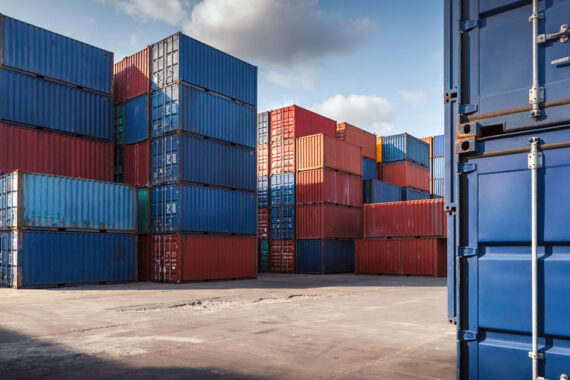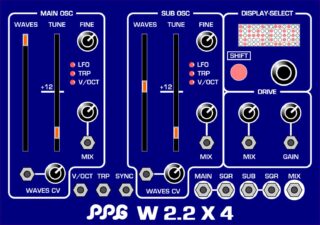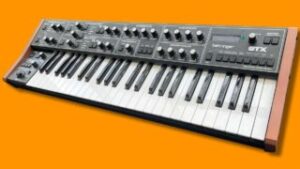
The National Association Of Music Merchants (NAMM) has raised concerns that new tariffs in the US will raise instrument prices for musicians and hurt music manufactures and retailers.
While many may think of NAMM as the organization behind the annual NAMM Show, their broader focus is to represent the music industry and promote music-making.
The US has announced a variety of new tariffs, targeting imports from China, Canada, China and other countries. The administration argues that the tariffs are needed to drive international action on US concerns about immigration and Fentanyl trafficking.
This week, NAMM CEO John Mlynczak published a statement on the impact of new tariffs. He raises the concern that these new taxes will increase the prices of musical instruments, which are often imported or made with imported parts, and hurt both gear makers and retailers.

John Mlynczak, President and CEO, NAMM has raised the concern that new tariffs on imports in the US will raise the price of musical instruments and hurt music manufacturers and retailers.
While tariffs are often positioned as ‘punishing’ other countries, they are taxes that US citizens and corporations pay. Economists estimate that the new tariffs will raise taxes in the US by about $1.1 trillion, or about $800 per household in 2025.
The idea is that, if the US raises the cost of things imported from China, you’ll be less likely to buy these things, which will indirectly punish China. Tariffs can be a double-edged sword, though, because they also raise the costs for American manufacturers that rely on imported parts, and tariffs can contribute to inflation.
Here’s the full text of Mlynczak’s statement:
Music is a powerful unifying force across the world. Music brings us together, it heals, and it empowers. It is essential that music-making continues to unite us globally, without any punitive measures or restrictions to the trade and manufacturing of musical products.
The National Association of Music Merchants, representing the global music products industry, strongly urges elected leaders and world governments to support the free trade of musical products, as well as the materials used in manufacturing musical products. We call for universal exemptions from punitive tariffs for all musical products and accessories that are used by musicians worldwide.
Excess tariffs imposed on specific countries are a great concern for our music products industry for the following reasons:
Many of the most iconic, highly sought-after and highest-quality musical products are proudly made in the United States. These brands also offer successful lines of affordable, entry-level and intermediate products that ensure new and emerging music makers have access to quality products from leading American companies. The success of the top-of-the-line models made in the U.S. is dependent on the success of the full range of products made in factories around the world. This is true for many other industries, as well: The success of our strong American companies is dependent on global trade. We stand with Consumer Technology Association in recognizing that tariffs “weaken the global trading system that has powered America’s economic growth for decades.”
Statement: Consumer Technology Association
Musicians rely on a strong retailer network to support and educate them along their musical journey. Retail is the backbone of our music products industry, with more than 4,000 retail locations in the United States serving musicians and students. The musical product retail network is essential to music-making, and we stand with the National Retail Federation in avoiding shifting costs “onto the backs of American families, workers and small businesses.”
Statement: National Retail Federation
Like many other industries, musical product trade is also highly interconnected in North America, with decades of successful trade and partnerships between Mexico and Canada that have allowed us to compete globally. We stand with the National Association of Manufacturers that “protecting manufacturing gains that have come from our strong North American partnerships is vital.”
Statement: National Association of Manufacturers
We understand the need for strong trade agreements with favorable terms for the United States. But these global agreements should not impede the rights of musical and artistic expression. As our Vision Statement says: We envision a world in which the joy of making music is a precious element of daily living for everyone; a world in which every child has a deep desire to learn music and a recognized right to be taught; and in which every adult is a passionate champion and defender of that right.
We encourage all NAMM members to join us in urging our global leaders to support the free trade of music products to provide a more musical world.
John Mlynczak
President and CEO, NAMM
It’s hard to know where the US is going to land on these new taxes. Some of the announced tariffs are currently on hold. Meanwhile, other tariffs imposed on Chinese imports have been in place across the last two administrations, which has raised prices for many products for US citizens.
Should musical instruments be exempted from the new tariffs? Share your thoughts in the comments!






